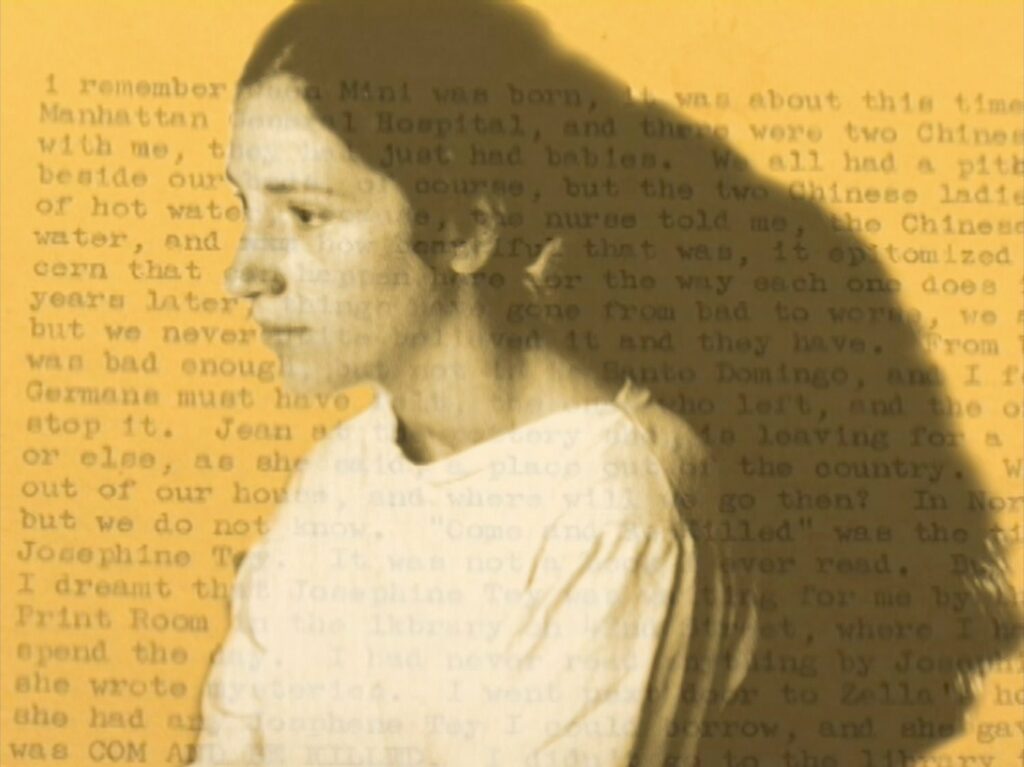For Elizabeth Jane Burkemper
This week I took a couple of days to read David Stephen Calonne’s new collection, Conversations with Dianne di Prima. In fall 2018, several friends and I explored di Prima in a class. when we read The Poetry Deal, Recollections of My Life as a Woman, and the 2007 edition of Revolutionary Letters. Since then, a new edition of the Letters has been published as well as her Spring and Autumn Annals: A Celebration of the Seasons for Freddie. If I were to do a follow-up class, we’d read and write off of these three recent works. Here are a few excerpts that caught my attention …
Most of the left in the United States is weird, elitist, and boring. It’s very, very structured. It comes out of books and not out of the streets. It just doesn’t see what’s going on in the area where I live. 10
You do the work that comes to hand. 46
… although it’s easy to get published, it’s not easy to get read. 52
I don’t think struggle is the most interesting thing in the world. 63
I won’t want to read in another fifty years the poetry of the rage of the sexual politics of the moment. 76
We have to realize that a lot of personal study is just that and unless we see it against the tapestry of all human conditions, there’s no point in writing 20,000 more poems on why I’m mad at my father. 76
… there’s endless potential to the imagination, to the human emotions. 76
…and finally it occurred to me: Oh, I must be a writer because I’m writing every day. That’s what a writer is. Somebody who gets up and automatically writes. 79
Actually, none of it’s important except poetry, magic, and Zazen. 90
[Feminism] can be a way of not looking at how you are handling your life… 92
A hard lesson to learn is that you have no control over how anyone’s going to use your work after it’s published. 105
And if you’re stuck creatively for any reason, you can visualize. Physical and mental relaxation. Getting into a familiar deep place and the trick is to make it familiar, to go there a lot. 129
So, if it weren’t for that constant leavening of beauty in the world, how could we survive? And I realized that this was the big deal, was to be part of that proletariat of billions of anonymous artists. 131
I think it doesn’t take that long to deprogram false desires. Anyone who knows that they have the desire to know about themselves, what their true desires are, will find the tools to do it. Drugs, autohypnosis, you could do it by following the false desires until they lead to a dead end like Blake recommended… 137
And wonder is one of the vitamins that we seem to be real short of in America. We could use a lot of it, because it would fix us up good. We would have more respect for children, for madmen, for each other, for death, for birth—we would have a bigger capacity for everything: for pleasure and for joy! Wonder—we need bottles of wonder on the shelves of all the health food stories! 189
